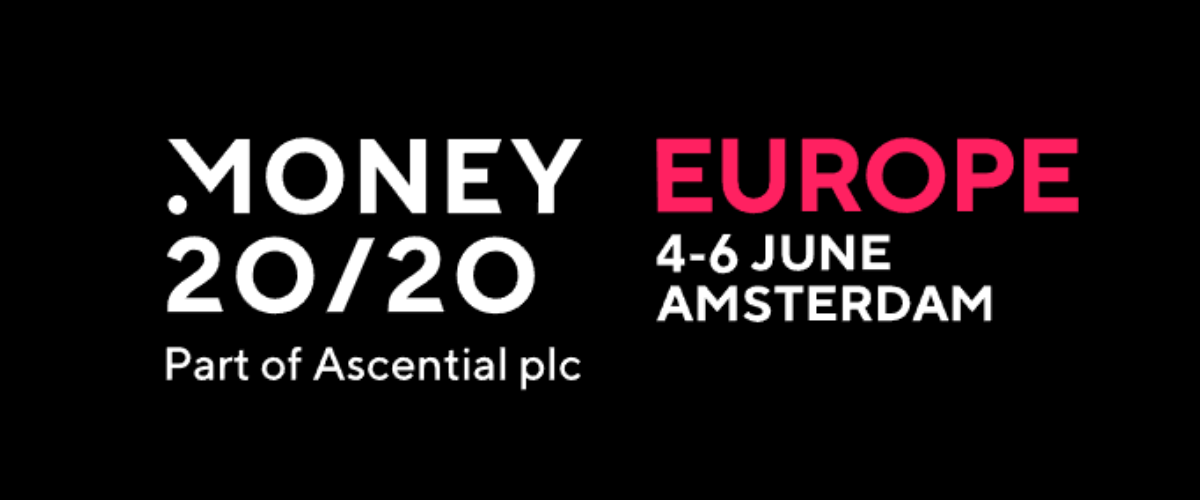And we’re kicking off the week with new analysis and opinions on investing, open banking, metaverse and more. Dive into the latest fintech insights and have a great start of the week!
Dutch agricultural reform needs more funding, not fewer farmers (Euro Money)
The Netherlands wants biodiversity to be at the forefront of agricultural reform. But the government’s plan to buy out livestock farmers – which was behind the resignation of agriculture minister Henk Staghouwer last week – is a short-sighted solution. For decades the Dutch farming business model has favoured density and intensification to increase productivity. The sector has become more concentrated over the years: fewer, larger units are generating ever more output. But now facing strict climate policies and higher costs, farmers are being told to produce more with less – or change careers.Read more
Will Ethereum Merge boost crypto back to pre-winter levels?(Fintech Magazine)
Ethereum’s transformation to an energy-efficient system via the Merge is a massive disruptor in the crypto space and looks set to trigger new investment. The transformation of Ethereum to a carbon neutrally generated digital currency looks set to cause serious disruption within the crypto space. Ethereum is currently the world’s second-largest cryptocurrency next to Bitcoin. According to Ethereum’s developers, the upgrade will result in securing and scaling the network because the platform is currently home to a $60bn ecosystem of cryptocurrency exchanges, lending companies, NFT marketplaces, and apps. Called the Merge, the process has seen the popular currency move its core digital machinery over to an energy-efficient system. The event has taken years of research and development and involved Ethereum transitioning from its original ‘proof-of-work’ blockchain to the more sustainable ‘proof-of-stake’ blockchain. Read more
Why DeFi interest rate swaps may be the next frontier of finance (forkast)
This year, more than one-fifth of American adults have traded or used cryptocurrency, an astronomical increase since 2009, when Bitcoin broke onto the scene. This trend also introduced millions of people to a new iteration of finance, accelerating and popularizing new technologies that are making global financial services more equitable and accessible than ever before. Decentralized finance (DeFi) is quickly expanding access to an array of financial services, including interest rate swaps (IRS), a derivative instrument for exchanging fixed and variable interest rates, which account for more than US$1 quadrillion in exchanged value per annum in traditional finance. This leap means centralized incumbent corporate gatekeepers of financial products and services are being replaced with decentralized, open and permissionless protocols. Interest rate swaps in DeFi serve as the tip of the spear aiming to disrupt TradFi’s dominance of global financial markets. Read more
How can banks address the rising financial crime rate? (Fintech Magazine)
The Office for National Statistics revealed that in 2021, there was a 43% increase in fraud and computer misuse crimes compared to 2019, indicating that economic crime – a broad term that covers a range of financial crimes – is on the rise. The pandemic altered the financial landscape for banks and customers, and with new opportunities for growth have come new risks. Financial crime is multi-faceted, multi-national, and difficult to detect, making it hard for authorities and institutions to identify, measure and remediate. Fraud, money laundering, terrorist financing, illegal payments, and many more crimes fall within this category of offenses, with fraud and fraud-related offenses such as counterfeiting, being one of the most prevalent crimes in the UK according to the National Crime Agency. It impacts individuals, major corporations, small businesses, and the public sector – and costs the UK billions of pounds each year. According to the International Compliance Association, financial crime accounts for 3.6% of global GDP. Read more
Why is Lone Star chasing Bank of Cyprus? (Euro Money)
Bank of Cyprus has its quirks – such as a sanctioned oligarch as a large shareholder – but it is far from the only European bank with good potential still shunned by mainstream investors. Dallas-based Lone Star’s bid for Bank of Cyprus looks very different from its takeover of Portugal’s Novo Banco. It also stands in contrast to other big US private equity purchases of European banks over the previous decade. Those typically involved deep restructurings and involved banks that could only turn to US financial sponsors to meet European Union privatization deadlines after massive bad-debt pile ups and state bailouts. Read more
–
Do you have any news to share: please put feed@hollandfintech.com on your press list.
Curious to read and find out more from fintech? Then subscribe & read our full newsletters here. Stay tuned for more insights following up this week regarding news piece.



